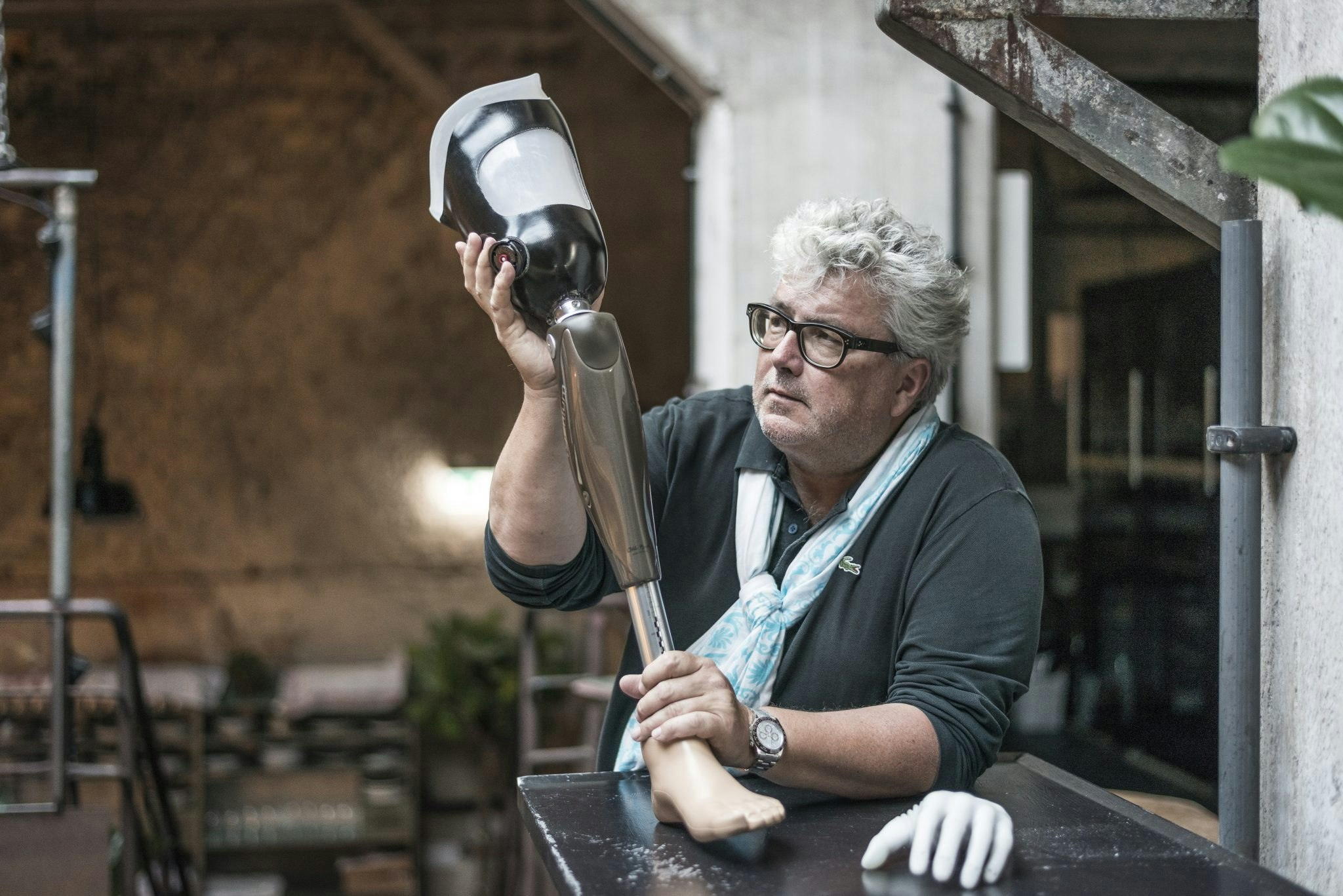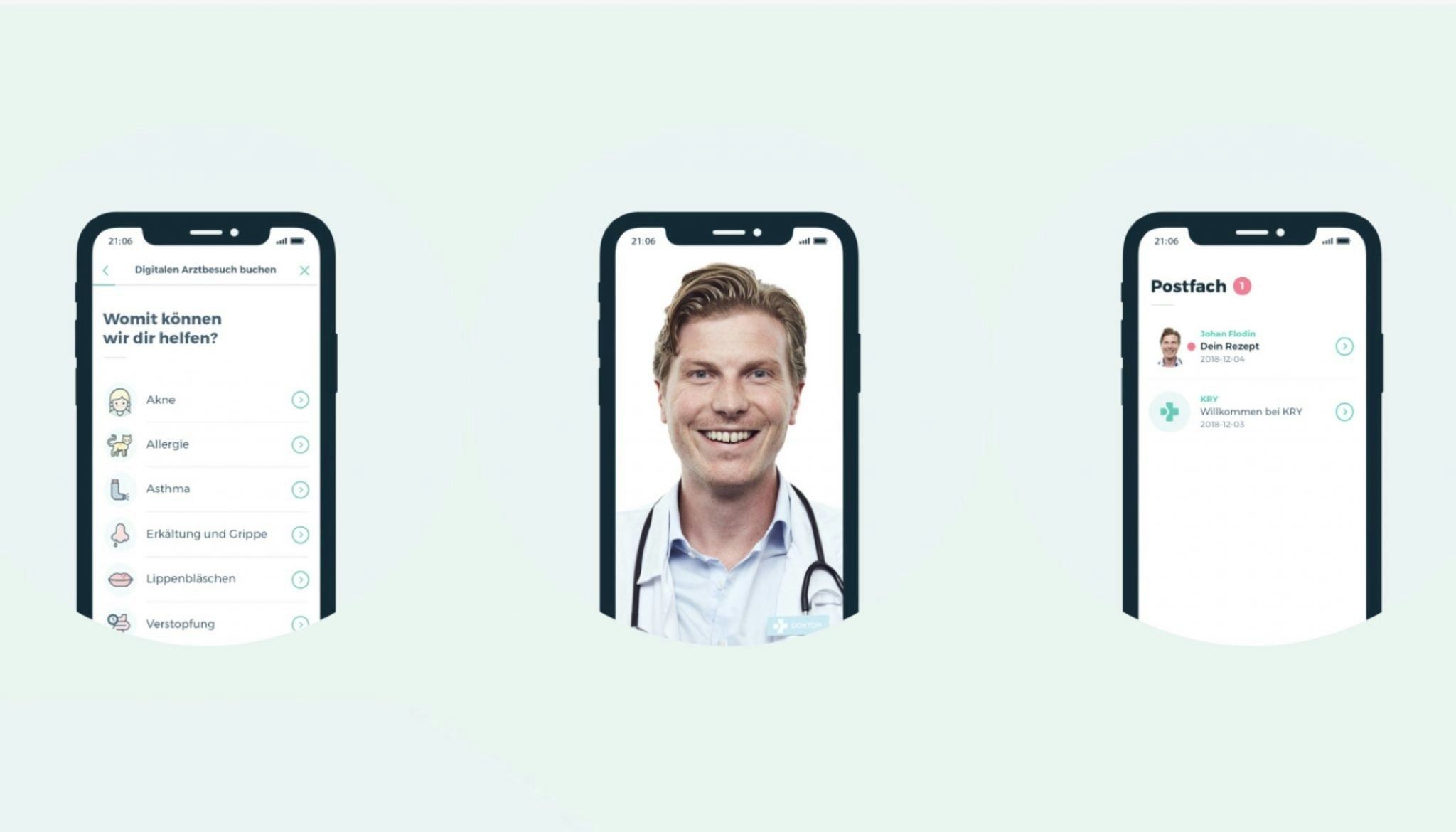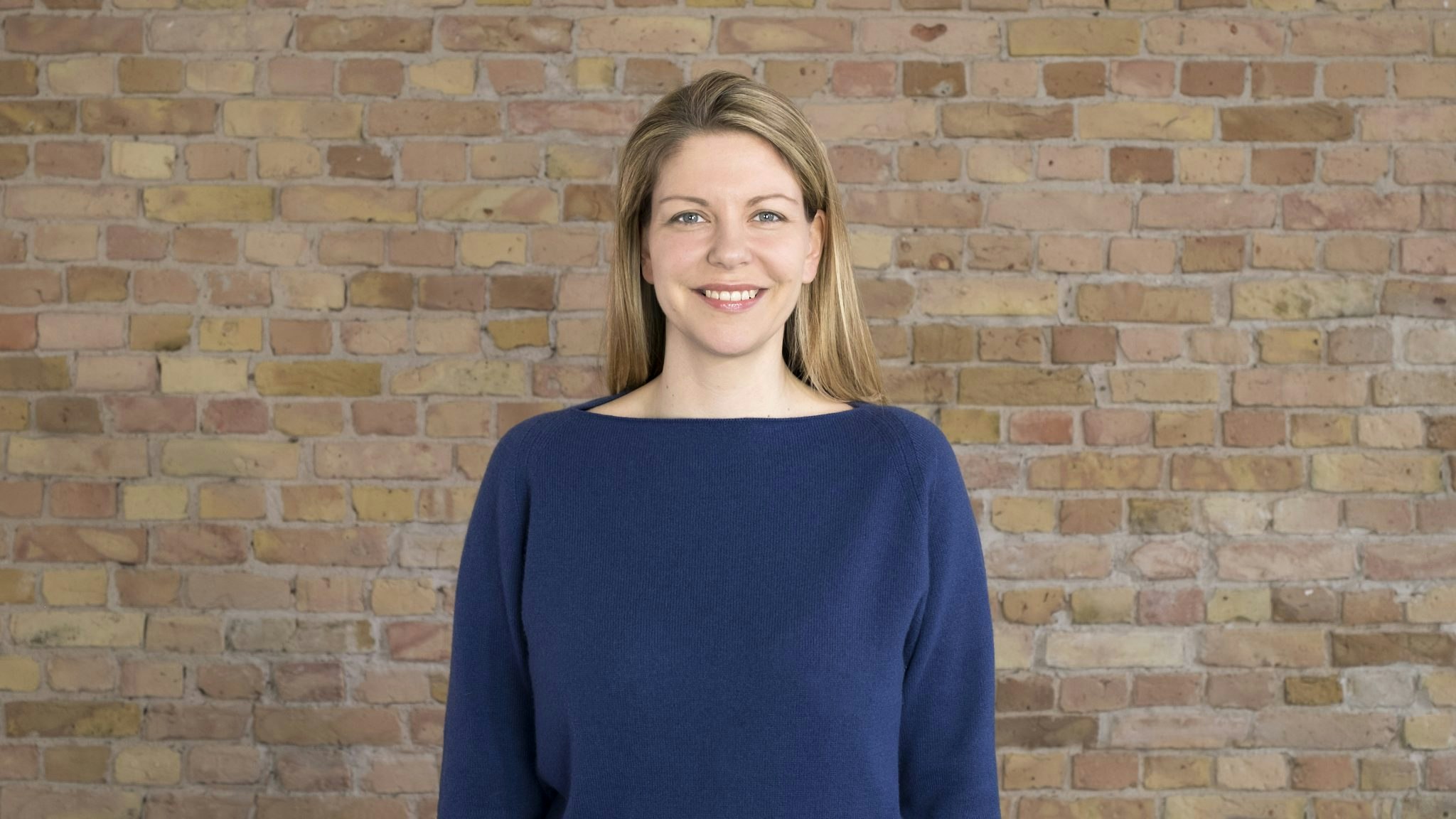Would you like your government to pay for a premium subscription for your mental health app or your sleep app?
If so, think about moving to Germany.
This is thanks to a new law saying that the cost of digital healthcare apps can now be reimbursed by the state insurance.
The legislation means that a staggering 73m people in Germany will be able to get a free digital healthcare app prescribed by a doctor — something that’s impossible in most countries.
The government hopes it will ultimately mean better long-term care for its people, but it is also likely to be a shot in the arm for the country’s burgeoning healthtech sector opening up a much larger customer base to digital health apps.
“I am very happy about this development,” says Jesaja Brinkmann, the cofounder of the German platform for gut health Cara Care, which has just submitted its application to be part of the scheme.
“Before this law, it was not clear how to get reimbursed as a digital health product, now it is finally accepted that digital healthcare applications can have positive effects on our healthcare system and for each patient.”
Germany: a healthtech world leader?
One of the goals of the scheme is to provide a better range of preventative healthcare solutions for Germans which will make people healthier and reduce medical costs long term.
“The argument is that the positive effect of prescribing digital apps is that fewer patients will be seeking physical healthcare. The overall expenditure for the healthcare system will then drop,” says Filip Dames, the founding partner of the Berlin-based venture capital firm Cherry Ventures.
But Germany is pretty much alone in reimbursing the cost of digital health apps and its startup-friendly health minister Jens Spahn hopes that Germany can also become a European leader in the digital healthcare transformation.
Venture capitalists and startups in Germany believe that the new rules will benefit the startup ecosystem and allow healthtech startups to get enough of a critical mass to take their products global.
Eckhardt Weber, managing partner at the newly formed Berlin-based healthtech venture capital firm Heal Capital, says it is a launch platform for companies aiming high.
“From an investor point of view, if someone with a good digital therapeutic product can enter the German market, access it and then to a certain degree scale in it, then he or she can generate all the data needed to also get the funding to go abroad to the UK market and even to the US,” Weber says.
Not so easy though
The new law, DVG, German Healthcare Act, went live on December 19th last year but despite that, the process of getting so-called “DiGA” applications approved is still ongoing and no digital app has yet been added to the catalogue.
The Federal Institute for Drugs and Medical Devices (BfArM) opened the fast track application process in June and was set to approve the first application in late August. This has now been delayed to the second part of September.
HelloBetter, a startup that offers online courses to help with mental health issues, has a number of products to apply with. The first application is almost ready to be submitted.
“This is a completely new process and it is very innovative. But there are still some things that are unclear,” says David Daniel Ebert, cofounder of the company.
Reimbursement is one of the issues. Although the law states that the DiGA manufacturer will be reimbursed at a price agreed between the umbrella organisation of the German Health Insurance Association and the app manufacturer, this is not as straightforward as it sounds, according to Ebert.
“It is still not clear if there will be certain product categories and upper limits within these. We just did a €2m trial and if you really want high-quality products that are able to provide real value, then you have to be able to have reimbursements that allow the development of those,” says Ebert.
“Otherwise, companies will not be incentivised to create things of real value and you only get crap in the system. But reimbursement is just one thing — there are other things as well. And as soon as you click submit, it cannot be changed until next year.”
The most successful ones will be the startups that have been on the market for a couple of years.
Although the federal institute has published a 52-page document on the specifications needed to apply, many startups are still working on the applications.
Selfapy, another mental health application, handed in its application a while back. Apart from the expected bureaucracy, there were other issues.
“The only problem for us was that information was handed to us bit by bit. We couldn’t tell our technical department, these are the 25 requirements, because only 15 of those were revealed when we started the application process,” Farina Schurzfeld, cofounder of Selfapy, told Sifted.
The applications will be tested for safety, functionality, quality, data security and data protection by the institute. They also need to be able to prove it has medical benefits for the patient. If they cannot do that, they may be able to get a provisional set-up in the DiGA catalogue for one year, during which they must be able to provide evidence of its positive effect on patients.
With the possibility of reaching so many patients and getting reimbursed by the federal system, some had imagined a flood of startups applying. However, at BfArM only 22 applications have so far been formally submitted (at the time of writing).
“The regulatory barriers are actually quite high so it is not actually that easy to get accepted on this list. The most successful ones will be the digital health startups that have been on the market for a couple of years,” says Cara Care’s co-chief executive Brinkmann.
Getting doctors on board
How the doctors will act on this new law is also the worry of Weber, founding partner at Heal Capital.
“In the end, you need a doctor to prescribe it. I am not sure how fast doctors will actually follow that regiment and prescribe those apps but perhaps this is a space where telemedicine startups can play a part. But how the doctors act is really the market tester.”
The startups that have applied seem to realise the challenge of getting doctors on board.
“It is not just about getting on the list but you also need a large sales organisation to then get doctors to prescribe your app,” he continues.
For Schurzfeld, cofounder of Selfapy, the greatest issue will follow.
“The doctor needs to prescribe your application, you then need to go to your health insurer to get the access code. And that step I am really worried about. The health insurers are not set up for handling this kind of service,” she says and continues.
“I think it will be a game-changer, but to what extent?”
15 tech startups that have or are in the process of applying:
Ada Health – a digital symptom checker based in Berlin. So far it has made about 20 million patient assessments. The company has raised €60.6m since it was founded in 2011.
Zanadio – founded in 2019, the app zanadio focusses on obesity. Based in Hamburg, the startup behind the app, Aidhere, has raised some seed funding from business angels.
Mentalis – mental health app developed by Antaris Digital Health Solutions.
Esysta – Emperra, founded in Potsdam in 2008, has developed a diabetes tool that stores the patient’s insulin units and blood glucose readings automatically.
HelloBetter – Scientifically tested psychological online training with support from psychologists and psychotherapists.
Cara Care – a digital approach to helping people with irritable bowel syndrome and other gut problems. Founded in 2016 in Berlin.
Blutdruckdaten – helping patients with high blood pressure with a data app. The data will then be shared with the doctor for better treatment. Founded in Germany, 2011.
SciTIM – Telemonitoring software system to be used in combination with blood pressure data applications such as Blutdruckdaten.
Lindera – a mobility analysis application to avoid falls among elders and involve relatives in the care. Founded in 2017 in Berlin.
Somnio – A digital application for the treatment of problems falling asleep and staying asleep based on cognitive behavioural therapy. The company behind the app is Mementor, founded in 2014 in Leipzig,
MySugr – Digital diabetes diary with seamless integration of data from various blood glucose meters. Founded in 2012 in Vienna.
M-sense migraines – A certified medical app against headaches and migraines developed by Newsenselab. Founded in Berlin, 2016.
SinCephalea – Migraine therapy from MillionFriends based on reducing blood sugar variability through personalized diet recommendations. Founded in Germany, 2016.
Selfapy – Digital programs for mental illness based on cognitive behavioural therapy. Founded in Berlin, 2016.
Vivira – Therapeutic training at home for people suffering from knee, hip or back pain. Founded in Berlin, 2015.



